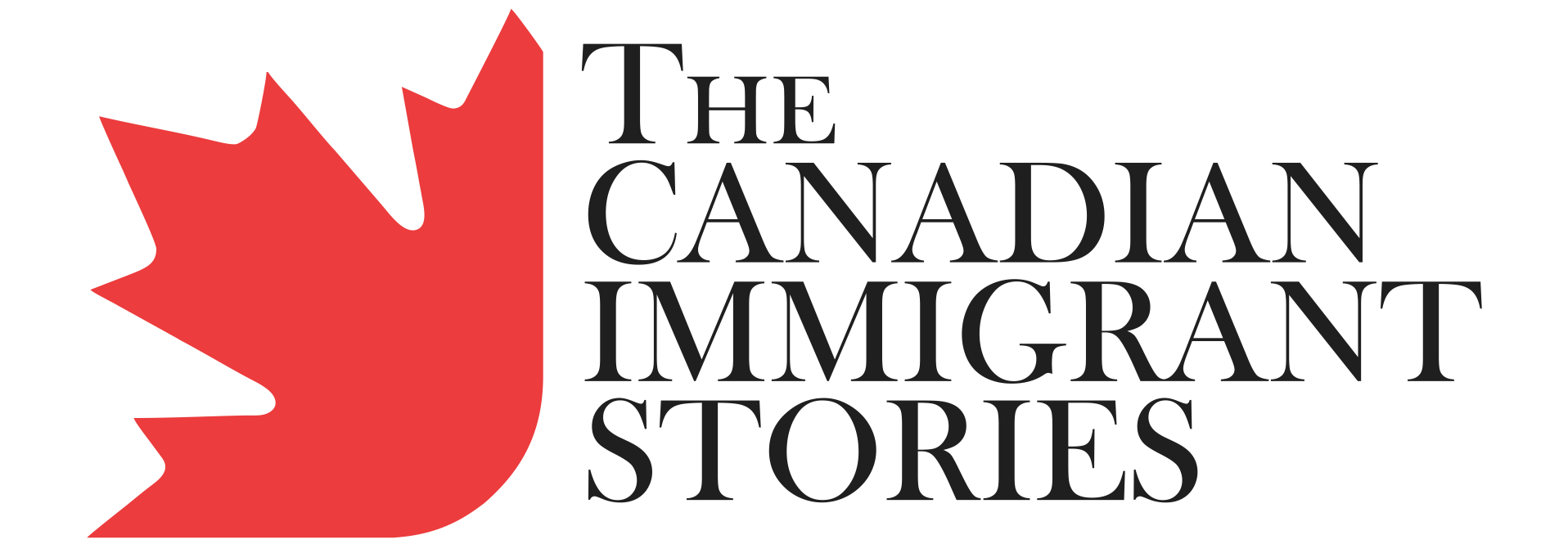Immigration, Refugees, and Citizenship Canada (IRCC) has recently reported advancements in its Skills Missions initiative, a key focus area outlined in the Strategic Immigration Review unveiled in October 2023.
This update stems from insights gleaned via an Access to Information Request (ATIP) obtained by CIC News. According to the ATIP findings, IRCC is actively laying the groundwork for skills missions abroad aimed at attracting and retaining the global talent essential for Canada’s workforce and economic sustainability.
Skills missions form a pivotal component of IRCC’s strategy to lure highly skilled individuals to immigrate to Canada. These initiatives involve IRCC personnel and pertinent stakeholders, including businesses and provincial/territorial officials, traveling to countries with substantial pools of potential labor.
While the oversight of skills missions is intended for the Chief International Talent Officer (CITO), IRCC has yet to finalize the appointment for this crucial role.
In the interim, IRCC reports significant headway in developing a comprehensive work plan, mapping existing provincial and federal services, evaluating ethical recruitment standards, and engaging in preliminary dialogues with stakeholders.
Feedback from stakeholders during the creation of the Strategic Immigration Review highlighted concerns among Canadian employers regarding the complexities associated with hiring newcomers, particularly those from overseas, to fill urgent job vacancies.
IRCC asserts that skills missions will simplify the immigration process for employers, facilitating collaboration among relevant parties to address specific needs for foreign talent.
Certain provinces, such as Manitoba, already conduct skills missions through their Provincial Nominee Program (PNP). For instance, Manitoba employs Strategic Recruitment Initiatives within the Skilled Worker Overseas category of its PNP to assist local employers with immediate and ongoing demand for skilled workers.
Geographical Targets
According to the ATIP, skills missions will also support broader objectives, including increasing French-speaking populations outside Quebec and diversifying the source countries of newcomers.
IRCC indicates that the selection of countries for skills missions will be contingent upon the targeted occupation or group for each mission. For regulated professions like healthcare or trades, IRCC aims to identify countries with training or accreditation systems akin to Canada’s, facilitating quicker eligibility for newcomers to work in their respective fields upon arrival. Collaboration with partners will help pinpoint countries where local labor shortages do not exist, thus averting talent poaching concerns.
For non-regulated professions, IRCC plans to collaborate with various organizations to identify regions with significant concentrations of available labor.
IRCC also factors in existing bilateral labor mobility agreements and free-trade agreements when selecting mission countries.
Occupational Focus
Occupational priorities will vary based on the geographical scope of skills missions and participating employers, as per the ATIP. Utilizing data from the Canadian Occupational Projection System developed by Employment and Social Development Canada (ESDC), IRCC identifies occupations experiencing labor shortages in Canada, particularly in healthcare, STEM fields, and skilled trades. These occupations have been targeted in recent category-based Express Entry draws since May 2023.
IRCC emphasizes that these missions are not solely driven by immediate employment needs or regional demands but are aligned with long-term strategic goals.
Next Steps
Following the identification of target occupations and countries, IRCC plans to consult extensively with external stakeholders, including provincial/territorial governments and industry experts. This collaborative effort will shape the logistics of each mission, from selecting participating employers to coordinating travel arrangements and outlining IRCC’s service offerings, which will vary depending on the mission’s objectives.
These missions will be overseen by the Chief International Talent Officer, a pivotal role envisioned under IRCC’s Strategic Immigration Review. This Officer’s mandate includes gathering intelligence on Canada’s future skill needs and ensuring immigration aligns with the nation’s labor market and sectoral strategies.



